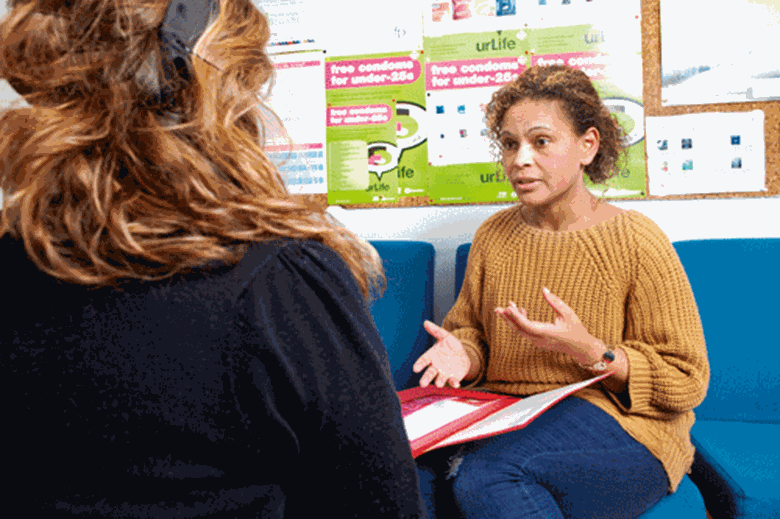Mental health treatments impeded by dearth of impact data
Lauren Higgs
Monday, September 19, 2011
Evidence on the effectiveness of mental health treatments for young people is being lost as a result of the government's drive to reduce bureaucracy and encourage localism, the charity Young Minds has warned.

No national statistics exist on the number of young people treated for mental health problems using drugs, talking therapies, or a combination.
In the past, some information on child and adolescent mental health services (CAMHS) was collated through the Department of Health (DoH). But Sarah Brennan, chief executive of Young Minds, told CYP Now that gathering of data at central government level has been scaled back.
"We are concerned about how national data is going to be collected on care pathways and the pattern of treatments and their outcomes," she said.
"There has been a reduction in civil servants at the DoH because of the government's drive to reduce centralisation so part of the problem is that there just aren't the people to collect the data."
Brennan argued that reduced data gathering, coupled with the closure of the national CAMHS support service in April and the move to local data collection, means professionals are "going backwards in understanding the national picture" of outcomes for young people.
"Data on treatments is so poor," she said. "How can we make judgments based on evidence if we don't know what is going on with care pathways?"
A system called the CAMHS Dataset is currently under development by the NHS Information Centre on behalf of the DoH. Eventually, it aims to provide a national resource of patient-level data, but the scheme has been under way since 2007 and is still unfinished.
"There is a desperate need for this to be implemented as a matter of urgency to be able to monitor treatments provided and develop the evidence base about what treatments are effective for children and young people," Brennan said.
Barbara McIntosh, head of children and younger people's programmes at the Mental Health Foundation, said the lack of national data on CAMHS treatments makes it difficult to advance the quality of care for young people. "You have to know statistically what's working and what isn't before you can improve things," she said.
McIntosh added that drug treatments should be used with caution, since some are known to exacerbate young people's symptoms. "If antidepressants are used then they should always be combined with talking therapies so you're really in touch with the young person and they can report back on any symptoms," she said.
But Brennan said young people regularly tell Young Minds that they are denied talking therapies. The government is piloting a scheme called Improving Access to Psychological Therapies (IAPT) over the next four years, but it could be some time before a national roll-out.
"Because there are so few talking therapies available, clinicians are dependent on drugs for treatments," she said. "Giving drugs to young people is very significant, so we must get better at data collection."
Paul Wilkinson, a consultant child psychiatrist and lecturer at the University of Cambridge, claimed that the IAPT pilot programme will lead to better data collection in the long term.
"A big part of the programme is about improving the quality of recording of outcomes," he said. But he warned that the benefits of IAPT will not be realised for several years.
"Overall funding is going down for CAMHS, because primary care trusts are cutting spending," he explained. "There needs to be a clear priority from central government that this is something important and needs to be funded."
Wilkinson admitted that a reliance on drug therapies is likely to remain in areas with a shortage of therapists. "If patients are given a choice between cognitive behavioural therapy or medication, most would rather have the talking therapy." he said. "But if I say 'you can have talking therapy in six months or medication next week' then families are going to make a very different choice."
A DoH spokeswoman argued that the government is working to improve data collection on children using mental health services. "The mental health strategy commits us to ensure outcomes for children are reflected in the NHS Operating Framework," she said.
KEY FACTS
- 1 in 10 Children and young people aged five to 16 in the UK suffer from a diagnosable mental health disorder
- 290,000 Children and young people have an anxiety disorder
- 80,000 Children and young people suffer from severe depression
- 510,000 Children and young people have a conduct disorder.




